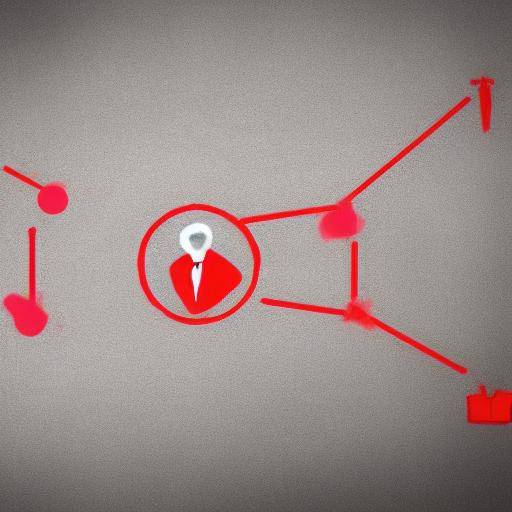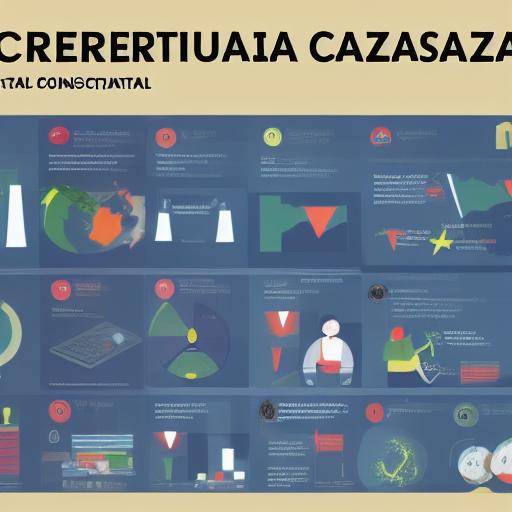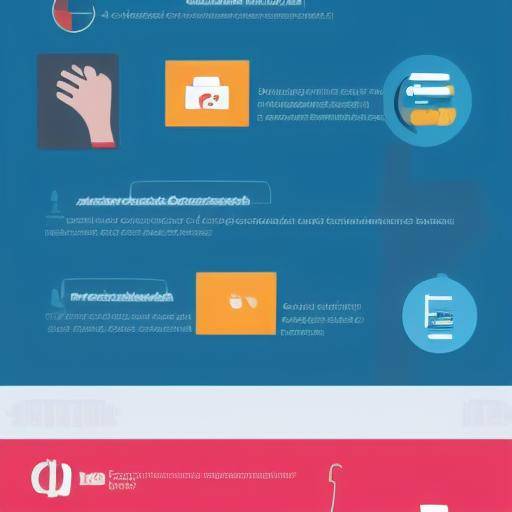
Constructive criticism is fundamental to personal and professional growth. However, receiving criticism can be challenging, as they are sometimes perceived as personal attacks. It is in this context that empathy plays a crucial role. In this article, we will explore the importance of empathy by receiving constructive criticism and its impact on interpersonal relationships. We will discover how empathy enhances individual development, fosters positive environments and nourishes meaningful relationships.
What is empathy?
Empathy is the ability to understand and share the feelings of others. Empathic people can identify with the emotions of others, allowing them to establish genuine connections and understand different perspectives. Empathy is a fundamental component in effective communication and the construction of solid relationships, as it promotes mutual understanding and collaboration.
The Importance of Empathy in the Receipt of Constructive Critics
When it comes to receiving constructive criticism, empathy plays an essential role. The ability to place itself in the place of the other, understand its intentions and recognize the value of its observations, allows constructive criticism to be perceived as an opportunity for growth rather than a threat. Empathy makes it possible for people to accept criticism openly, receptively and constructively.
Benefits of Empathy in Receiving Constructive Criticism
Empathy when receiving constructive criticism brings with it a number of significant benefits:
- Encourages a Confidence Environment: When a person demonstrates empathy in receiving constructive criticism, it fosters an atmosphere of trust and openness. This allows interactions to be more honest and productive.
- Facilitates Personal and Professional Development: Empathy facilitates the assimilation of constructive criticism, which drives personal and professional growth. Empathic people are more open to new perspectives and learning.
- Strengthen Interpersonal Relations: Empathy in receiving constructive criticism strengthens interpersonal relationships, as it demonstrates respect, understanding and willingness to improve based on the contribution of others.
Practical Tips to Promote Empathy by Receiving Constructive Critics
- Listen.: Pay attention to what the other person is expressing and seeks to understand his emotions and perspectives.
- Valid the Feelings: Recognizes the feelings of the other person and demonstrates understanding of their experiences.
- Avoid Defensiveness: Accepts constructive criticism with serenity, avoiding defensive reactions that may hinder effective communication.
- Expresses its appreciation: Appreciates the person for his constructive contribution, demonstrating recognition and appreciation for his observations.
Implementation of empathy
- Regular practice: Empathy is a skill that can be developed with constant practice. Try to put you in the place of others in various everyday situations.
- Personal Reflection: After receiving a critique, reflect on the emotions and perspectives of the other person. Ask yourself how you would feel instead and how you could respond constructively.
- Training and training: Participating in workshops and courses on emotional intelligence and effective communication can strengthen your ability to receive and process criticism empathicly.
Conclusion
In short, empathy plays a fundamental role in receiving constructive criticism. By practicing empathy, people can transform criticism into growth opportunities, thus strengthening interpersonal relationships and fostering a favourable environment for personal and professional development. Implementing empathy by receiving constructive criticism is a valuable skill that not only enriches individual life, but also contributes positively to dynamism and collaboration in different fields.
By incorporating empathy in the reception of criticism, an environment of trust, respect and continuous learning is cultivated. This not only improves interpersonal relationships, but also drives personal and professional development, creating a virtuous cycle of growth and improvement.
Frequently asked questions (FAQs)
1. What to do if constructive criticism makes me feel bad?
It's natural to feel uncomfortable receiving criticism. Take a moment to process your emotions and then approach criticism with an open mindset, focusing on learning and growth.
2. How can I improve my empathy?
Practice active listening, try to understand the perspectives of others and validate their feelings. Participating in trainings on emotional intelligence can also be very useful.
3. How to know if a critique is constructive?
A constructive criticism focuses on specific behaviors or results and offers suggestions for improvement. Always seek the value and positive intention behind the criticisms received.
4. Is it possible to be too empathetic?
Although empathy is valuable, it is important to maintain a balance. Being too empathetic can lead to neglecting your own needs. Be sure to also take care of your emotional well-being while practicing empathy.
I hope this article helps you to better understand the importance of empathy by receiving constructive criticism and effectively applying it in your personal and professional life. Practice empathy and transform criticism into growth opportunities!






















































